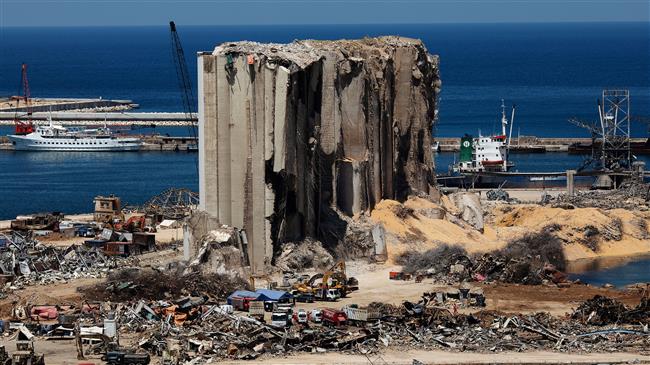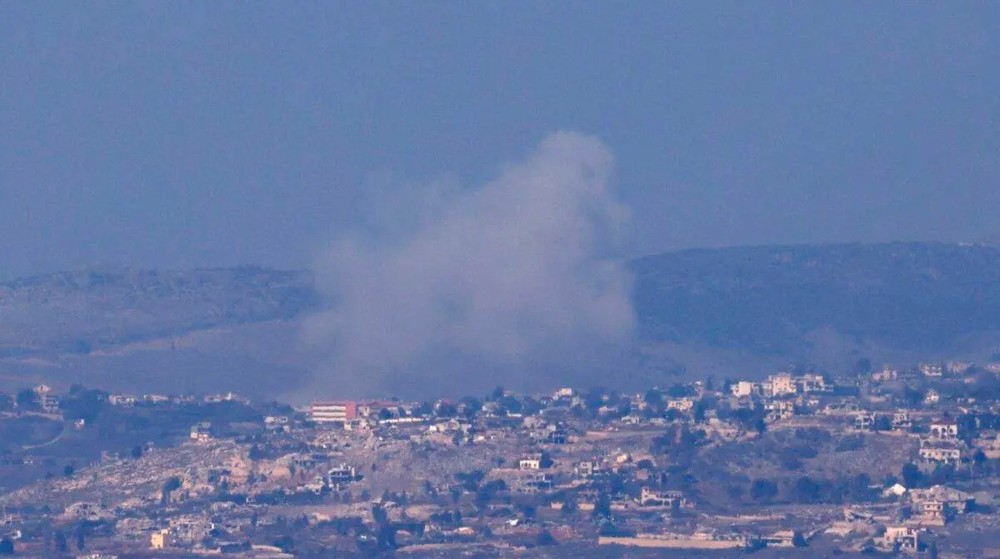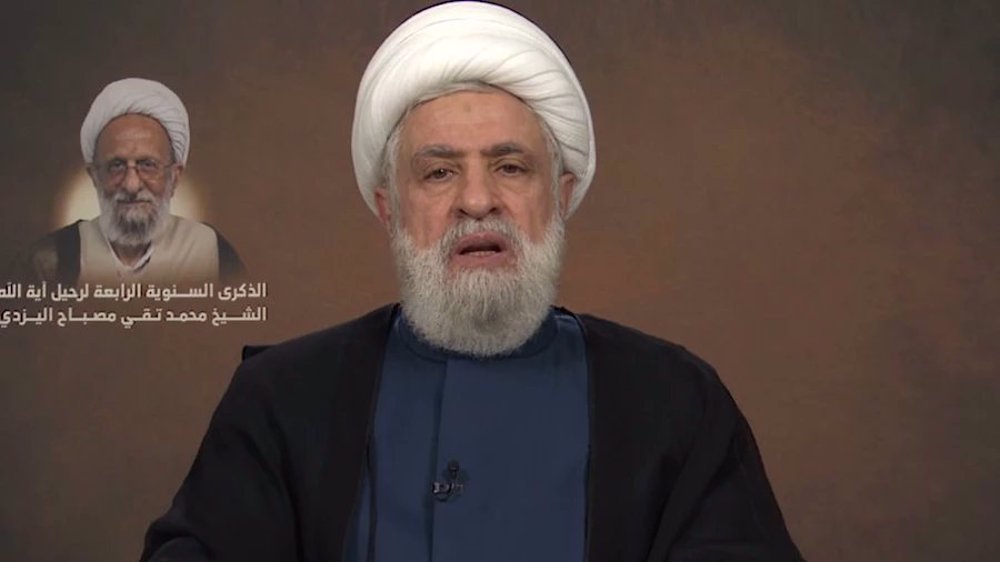Lebanese judge issues arrest warrant against top customs official over Beirut blast
A Lebanese judge leading investigations into the massive explosion that tore through the capital, Beirut, earlier this month, has issued a preliminary arrest warrant against the country's customs director general Badri Daher.
A judicial source, speaking on condition of anonymity, told AFP that Fadi Sawan had questioned Daher for more than four hours before taking the decision on Monday.
Lebanon’s official National News Agency also reported that the interrogation session was held as the top customs official’s lawyers Munif Hamdan and George Khoury were in attendance.
Lebanese law allows suspects to be detained and questioned prior to being formally arrested. It was not immediately clear what on charges Daher was being held.
Public prosecutor Ghassan Oueidat had earlier filed lawsuits against 25 suspects over the Beirut blast. A total of 19 of those defendants are already in custody.
Those detained include Beirut Port's general manager, Hassan Koraytem, who will be questioned by Sawan on Tuesday.
Former Lebanese customs director Shafic Merhi, port security head Mohammad al-Awf and port warehouse manager Michel Nakhoul will also be interrogated.
100,000 children directly affected by Beirut explosion: UNICEF
Meanwhile, the United Nations Children's Fund (UNICEF) says 100,000 children in Lebanon have been directly impacted by the massive explosion in Beirut.
“We will be working on helping the children go back to their schools ... and start their new academic year as 120 schools were impacted by the blast,” local LBCI television network quoted Ted Chaiban, the UNICEF regional director for the Middle East and North Africa, as saying on Monday.
Chaiban assured that the UN agency will always stand by Lebanon.
The August 4 explosion reportedly killed 177 people, wounded at least 6,500 others and left some 300,000 temporarily homeless. It destroyed Beirut port and a large swathe of the city.
The blast also rippled across the connections that crisscross the city, shaking even those who were at no immediate risk from the blast wave itself.
The massive blast has fueled popular anger in a country already struggling with a major economic crisis.
Lebanon's government subsequently stepped down as Prime Minister Hassan Diab blamed endemic corruption for the catastrophe.
President Michel Aoun accepted Diab's resignation last week and asked the government to stay on in a caretaker capacity until a new cabinet was formed.
Israel forces make incursion into Lebanese town, torch homes
Israeli settlers raid al-Aqsa Mosque amid restrictions on Muslims
President Deby: French troops will leave Chad by end of January
Toxic waste removed from India's 1984 Bhopal gas tragedy site
Gaza police chief, deputy killed in airstrike on humanitarian zone
South Korea's Yoon vows to ‘fight until end’ despite facing arrest
Alawites targeted as HTS militants launch crackdown on Homs
VIDEO | Press TV's news headlines













 This makes it easy to access the Press TV website
This makes it easy to access the Press TV website